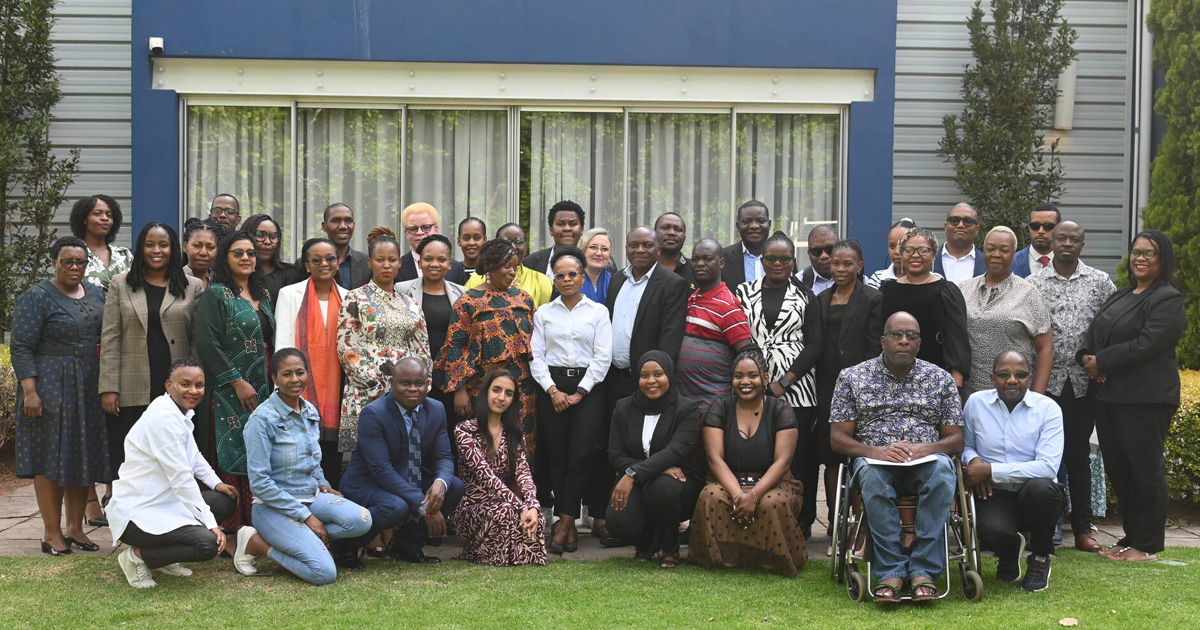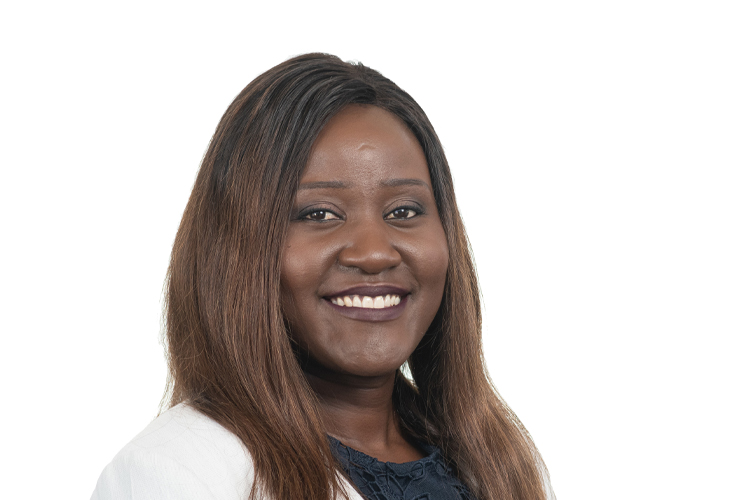From the 31st of October to the 1st of November 2024, the Centre for Human Rights hosted the 3rd Regional Convening on access to justice for persons with disabilities in Africa. The convening sought to strengthen the capacity of criminal justice personnel including police officers, prosecutors, magistrates, defence lawyers and intermediaries on how to ensure that persons with disabilities access justice on an equal basis with others. The participants were drawn from a number of African countries including South Africa, Lesotho, Zambia, Kenya, Zimbabwe, Eswatini, Namibia, Botswana, and Malawi.
The convening commenced with discussions on the barriers faced by persons with disabilities who engage with the justice system, as complainants or as accused persons, including attitudinal barriers, communication barriers, environmental barriers, legal and procedural barriers and economic barriers. These barriers arise at various stages in the criminal justice process, from interactions with police officers to court proceedings. Some barriers were prominent in the African countries represented at the convening. For instance, legal and procedural barriers emerged as a critical issue. In many African countries, individuals with intellectual or psychosocial disabilities are generally considered unfit to stand trial when accused of a crime or incompetent to testify as witnesses based on legal provisions to that effect. Cumulatively, these barriers contravene the right to equal access to justice enshrined in both the Convention on the Rights of Persons with Disabilities and the Protocol to the African Charter on Human and Peoples’ Rights on the Rights of Persons with Disabilities in Africa.
Following the identification of the numerous barriers, the participants exchanged ideas on how to overcome these barriers. Participants underscored the importance of providing appropriate training to criminal justice personnel on disability and disability accommodations in the justice context. Moreover, they highlighted the importance of recognizing the role of intermediaries who facilitate communication between persons with disabilities and other actors in the criminal justice system. This entails giving legal recognition to the work of intermediaries as well as providing them with the necessary training to enable them to discharge their duties effectively. Furthermore, persons with disabilities should be accorded the right, through legislation, to make use of intermediaries to enable their effective participation in the justice system. If properly utilised, intermediary services are capable of significantly improving access to justice for persons with disabilities. There was a general consensus amongst the participants that ensuring access to justice for persons with disabilities is contingent on changing misconceptions that consider disability as inability and affirming that persons with disabilities are entitled to the same rights as persons without disabilities and should have equal opportunities to exercise those rights. Participants noted that in some instances, states need to repeal legislation impeding the enjoyment of the right to access justice and enact laws or provisions promoting the realisation of this right. Crucially, a concerted effort between the various actors in the criminal justice system is required for the full and effective realisation of the right to access justice. States, therefore, need to take measures to strengthen collaboration amongst actors in the various stages of the criminal justice process. Participants at the convening also had the benefit of learning from the experiences and approaches to promoting access to justice adopted in several countries including South Africa, Lesotho, Zambia and Kenya.
The right to access justice is crucial for the vindication of all other rights and freedoms by persons with disabilities. For that reason, the Centre remains committed to fostering dialogue on the right of persons with disabilities to access justice on an equal basis with others and will continue to promote the enjoyment of this seminal right for persons with disabilities in Africa.
For more information, please contact:
Tel: +27 (0)12 420 6398
dianah.msipa@up.ac.za



